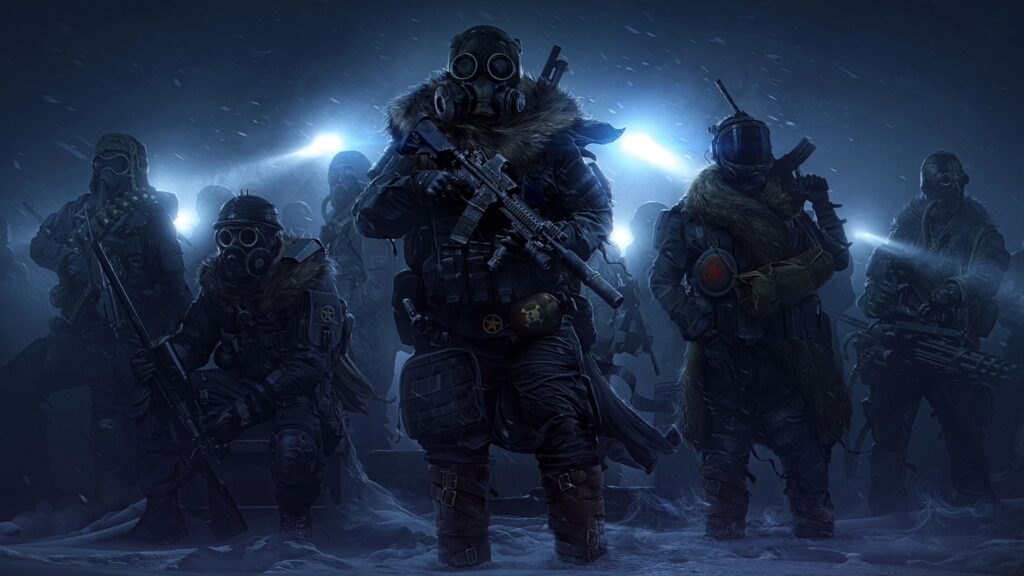
There are a ton of cool gaming jobs that come together to make these amazing future war games. Let’s take a peek at some of these key roles and what they do.
First off, we’ve got the game designers. These are the masterminds behind the whole shebang. They’re the ones who dream up the crazy ideas for the game. Like, they decide what kind of crazy future world we’re gonna be fighting in. Will it be a world where humans are battling against alien invaders on a far – off planet, or maybe a future Earth that’s been turned into a massive, post – apocalyptic warzone? They plan out the storylines too. You know those awesome tales about a small group of rebels taking on a powerful, evil empire? Yeah, that’s the game designers’ doing. They also figure out how the game is gonna play. How are we gonna move around? What kind of weapons are we gonna use? They test and tweak all these ideas to make sure the game is super fun and not too easy or too hard. We can thank them for those heart – pounding battles where we’re constantly on the edge of our seats, trying to outsmart the enemy.
Next up are the artists. Oh man, the art in future war games is just mind – blowing, and these guys and gals are the reason why. The concept artists start things off. They’re like the visionaries. They draw all those cool sketches of what the characters, weapons, and environments are gonna look like. They come up with the design for that super – cool, high – tech spacesuit you’re gonna wear in the game. Or they’ll draw the terrifying alien monsters that you’ll be up against. Their sketches are like the blueprints for the whole game. Then, the 3D modelers come in and turn those 2D sketches into real – looking, three – dimensional stuff. They work on every little detail of your spaceship, from the shiny metal exterior to the buttons on the control panel. The environment artists are also super important. They create those amazing landscapes. Whether it’s a frozen planet with towering ice mountains or a city filled with flying cars and skyscrapers that reach up to the clouds, they make it all look real. They add in all the little details, like the dust blowing in the desert or the lights flickering in a ruined building.
Programmers are another crucial part of the team. They’re the ones who write all the code that makes the game work. When you’re running around in the game, shooting your laser gun and jumping over obstacles, it’s the programmers who make that happen. They create the systems for the weapons. They make sure that when you pull the trigger on your plasma rifle, the shot actually fires and hits the enemy. They also program the AI for the enemies. You know how sometimes the bad guys seem to be really smart, dodging your attacks and setting traps for you? That’s because of the programmers. They make sure that all the different parts of the game, like the art, the sound, and the gameplay, work together smoothly. Without them, we wouldn’t be able to play our favorite future war games.
The sound designers also play a huge role. They’re the ones who create all the sounds that make the game so immersive. The music is a big part of it. That epic, heart – pounding music that plays when you’re in the middle of a big battle? They work with composers to make that happen. The sound of your weapons firing, like the zapping of a laser or the booming of a cannon, is their doing too. And the voices of the characters, both the good guys and the bad guys, are recorded and edited by them. They make sure that the voice of your commander sounds tough and inspiring, while the voice of the evil space pirate sounds menacing.
There are also quality assurance testers. These folks play the game over and over again, looking for any bugs or glitches. They might find that in a certain area of the game, your character gets stuck in a wall, or that the controls for using a special ability don’t work right. Their feedback is super important, because it helps the developers fix these problems before the game comes out. So, the next time you’re playing a future war game without any major issues, you can thank the QA testers.
These are just some of the gaming jobs involved in making future war games. Each one of these roles is super important, and together, they create the amazing gaming experiences that we all love. If you’ve ever thought about getting into the gaming industry, looking at what goes into making a future war game can give you an idea of where your interests and skills might fit in. Maybe you’ll be the next person to help bring an even more awesome future war game to life. Whether you’re into design, art, programming, or sound, there’s a place for you in the world of creating future war games. So, keep your passion for gaming alive, and who knows, you might end up being part of the team that makes the next big future war game that everyone can’t wait to play.